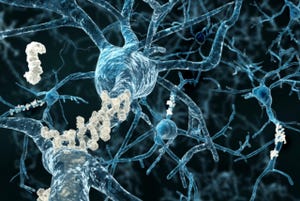The artificial intelligence solution was able to give a greater insight into different lung tumors.
May 24, 2022

Researchers from Boston University School of Medicine (BUSM) have developed an artificial intelligence (AI) algorithm based on a framework called representation learning to classify lung cancer subtype based on lung tissue images from resected tumors. These findings appear online in the journal IEEE Transactions on Medical Imaging.
The researchers developed a graph-based vision transformer for digital pathology called Graph Transformer (GTP) that leverages a graph representation of pathology images and the computational efficiency of transformer architectures to perform analysis on the whole slide image.
Using whole slide images and clinical data from three publicly available national cohorts, they then developed a model that could distinguish between lung adenocarcinoma, lung squamous cell carcinoma, and adjacent non-cancerous tissue. Over a series of studies and sensitivity analyses, they showed that their GTP framework outperforms current state-of-the-art methods used for whole slide image classification.
They believe their machine learning framework has implications beyond digital pathology.
About the Author(s)
You May Also Like
.png?width=300&auto=webp&quality=80&disable=upscale)

